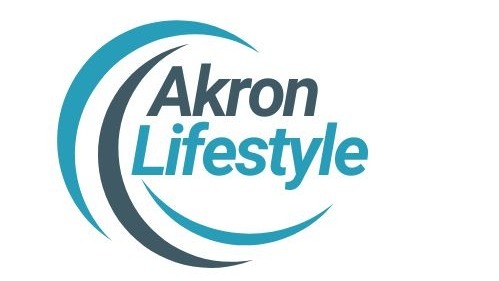
Vaccination: A New Frontier in Cardiovascular Health
In a groundbreaking consensus statement, the European Society of Cardiology (ESC) has recognized the potential of vaccinations as a pivotal strategy in preventing cardiovascular events. By incorporating vaccination into their framework of medical prevention, the ESC aims to bolster heart health and reduce morbidity linked with infectious diseases. The revamped approach identifies vaccination as the fourth major pillar of cardiovascular disease (CVD) prevention, enhancing the traditional focus on antihypertensives, lipid-lowering therapies, and diabetes medications.
Understanding the Link Between Infectious Diseases and Heart Health
Research indicates that major communicable diseases, including influenza, pneumococcus, and COVID-19, can significantly increase the risk of cardiovascular complications. Dr. Thomas F. Lüscher, one of the statement's lead authors, highlights the expanding scientific evidence that connects these infectious agents to heightened CVD risks. Notably, the 2023 American Heart Association guidelines have already recommended flu vaccinations for patients with chronic coronary diseases, further underlining the necessity of immunization in managing heart health.
Why Should San Diego Residents Care?
For residents of San Diego County, understanding this new consensus is crucial. With a diverse community and varying health profiles, access to vaccinations that can lower cardiovascular risk helps protect vulnerable populations at a higher risk for heart disease. As the ESC statement emphasizes, getting vaccinated is an easy yet effective strategy to mitigate complications associated with infectious diseases, particularly for those already burdened with heart conditions.
The Future of Vaccination and Heart Disease Prevention
As research continues, it is expected that additional vaccines may be incorporated into preventive care strategies for cardiovascular health. The ongoing DAN-RSV trial in Denmark aims to establish the link between RSV vaccination and reduced cardiovascular incidents. As these findings emerge, the medical community can further refine their recommendations, potentially leading to better health outcomes for individuals with cardiovascular concerns.
Conclusion: Take Charge of Your Heart Health
Given the evolving understanding of vaccination's role in heart disease prevention, it is imperative for individuals, especially those in at-risk categories, to stay informed and participate in vaccination programs. Taking proactive measures now can significantly reduce future health challenges related to cardiovascular diseases.
 Add Row
Add Row  Add
Add 




 Add Row
Add Row  Add
Add 


Write A Comment